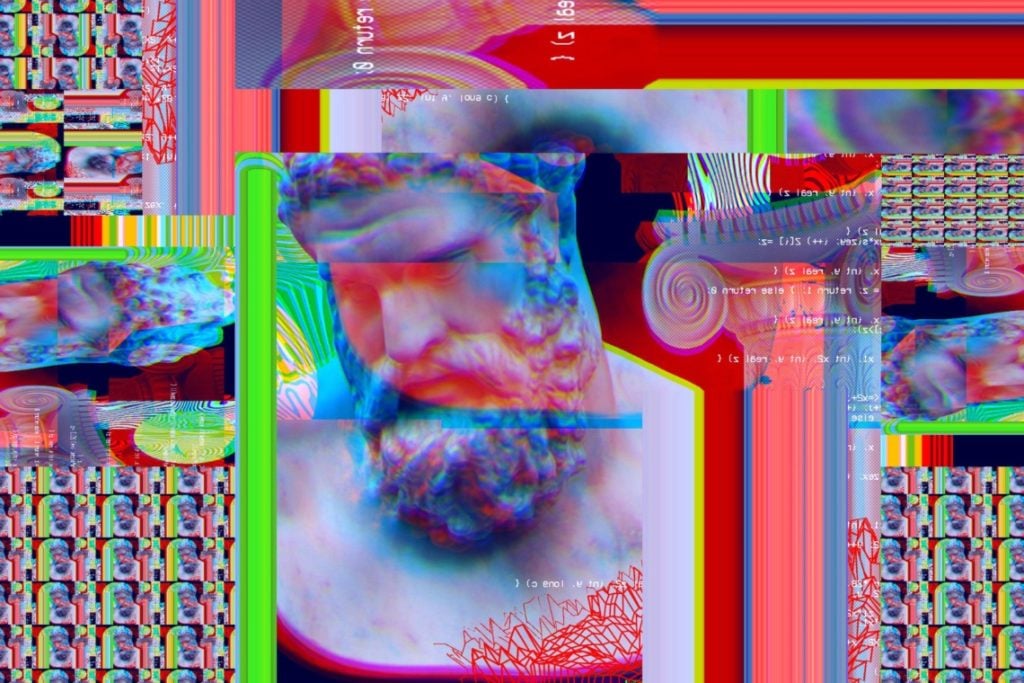Latest news: OpenSea implements 0% fees to regain the NFT user base lost to Blur NFT.
Apparently, NFT marketplace Blur has overtaken OpenSea in terms of daily trading volume in ETH.
This is because users, eager to get higher returns from their NFT investments, are looking for a trading platform that works in their favor. In addition, OpenSea has also temporarily dropped the 2.5% fee.
OpenSea and Blur NFT: here’s what’s happening
OpenSea, the leading marketplace for non-fungible tokens (NFTs), has announced a massive restructuring that will reduce the platform’s fees and increase earnings for creators as competing marketplaces continue to syphon off its user base.
According to data provided by Nansen, on 18 February, NFT marketplace Blur surpassed OpenSea in daily trading volume in Ether as users, eager for higher returns on their NFT investments, are looking for a trading platform that works in their favor.
In response, OpenSea has announced three major changes to win back its customers. The moves include a 0% fee for a limited time, the introduction of optional gains for creators, and leniency toward other traders.
“We’re making some big changes today:
1) OpenSea fee → 0% for a limited time
2) Moving to optional creator earnings (0.5% min) for all collections without on-chain enforcement (old & new)
3) Marketplaces with the same policies will not be blocked by the operator filter.”
In addition, OpenSea admitted to losing users to other NFT marketplaces that do not fully enforce royalties for creators.
Hence, the new measures are aimed at reviving its dominance in the space, as stated:
“Recent events – including Blur’s decision to cut creator earnings (even on filtered collections) and the false choice they are forcing them to make between cash on Blur or OpenSea – show that our efforts aren’t working.”
OpenSea believes it has protected creators’ earnings on all collections while reiterating its support for the Operator Filter, a feature designed to help creators secure revenue for resale of their works. However, this filter proactively blocked proposals from marketplaces that adopted the same policies.
The difference between Blur and OpenSea’s royalties on NFTs
Blur’s leadership in terms of daily trading volume can be attributed to its new royalty policy, which shows the differences in royalty payment options between its platform and OpenSea.
In fact, it reads:
“Recent events – including Blur’s decision to cut creator earnings (even on filtered collections) and the false choice they are forcing them to make between cash on Blur or OpenSea – show that our efforts aren’t working.”
Amidst the royalty war between the two marketplaces, community members stressed the importance of competition in the industry. If there were no zero-royalty marketplaces, major players like OpenSea would end up raising fees, hurting creators and collectors.
OpenSea plans to continue testing its model and identify what works best for the community and the organization. Community members speculate that OpenSea will increase platform fees in the future if it can recover lost customers, a predatory move often seen in industries with less competition.
Regardless, the appointment of YouTube’s new CEO, Neal Mohan, has been received as a victory for the cryptocurrency community, considering Mohan’s inclination to use NFTs and Web3 as revenue sources for creators. In fact, Mohan stated:
“Thanks, Susan Wojcicki. It’s been great working with you over the years. You’ve turned YouTube into an amazing home for creators and viewers. I am excited to continue this amazing and important mission. Can’t wait to find out what awaits us.”
Finally, while serving as YouTube’s chief product officer, in February 2022 Mohan unveiled tentative plans to integrate features such as metaverse-based content experiences and content tokenization via NFTs.
The removal of the 2.5% commission to NFT sales
The popular marketplace OpenSea has chosen to temporarily remove the 2.5% fee applied to the sale of non-fungible tokens (NFTs). This move is particularly necessary to combat the platform’s growing number of competitors such as Blur, which has just completed airdropping its token.
It is worth noting, however, that OpenSea can charge up to 0.5% fees if the creator’s income is set between 0 and 0.5%, so as to discourage inorganic trading volume.
In addition, there will be another exception for collections that do not apply creator income from an on-chain method, in which case a minimum 0.5% commission will be applied to be returned to said creators.
As stated:
“When selling an NFT using OpenSea, if the collection does not use an on-chain enforcement method, the minimum creator revenue will be 0.5%. Sellers also have the ability to add additional creator income to any transaction.”
In fact, to automatically receive their royalties by reselling NFTs on the secondary market, a creator must define it directly in their collection settings. Platforms such as OpenSea allow this.
However, while such solutions allow OpenSea to automatically return royalties to creators, the market has seen the emergence of platforms that have not always taken this fully into account.

